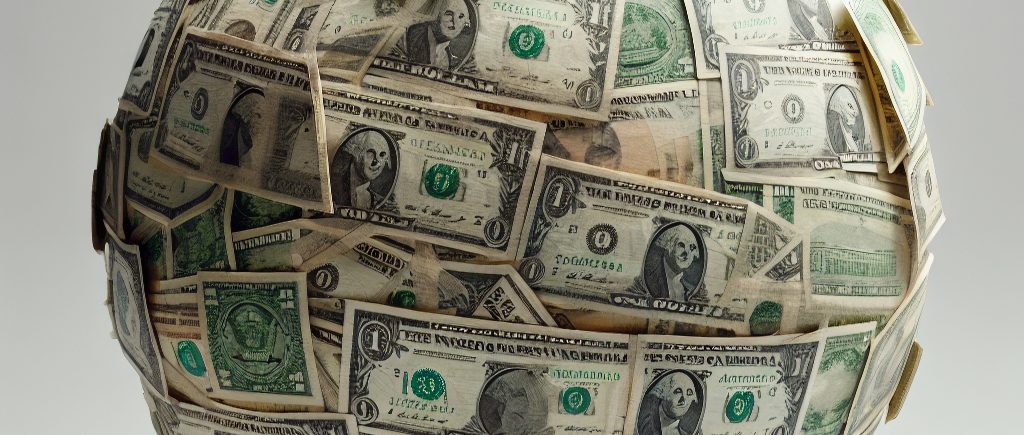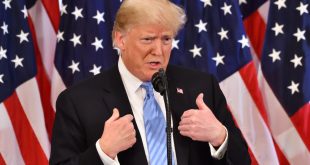The U.S. dollar fell to a two-week low on Wednesday after softer-than-expected inflation data boosted expectations that the Federal Reserve will cut interest rates next month. The dollar index, which tracks the currency against a basket of peers, dropped to 97.62, its lowest level since July 28, extending Tuesday’s 0.5% decline. It was last down 0.3% at 97.70.
Inflation Data and Fed Rate Expectations
U.S. consumer prices rose only marginally in July, in line with forecasts, suggesting that the pass-through of President Donald Trump’s tariffs to goods prices remains limited. Investors are now pricing in a 98% probability that the Fed will ease rates at its September meeting.
Political Pressure on the Fed
Concerns over the dollar were compounded by Trump’s continued attempts to influence U.S. institutions. White House spokeswoman Karoline Leavitt indicated that the president is considering a lawsuit against Fed Chair Jerome Powell over renovation management at the central bank’s Washington headquarters. Trump has repeatedly criticized Powell for not lowering rates sooner.
Michael Pfister, FX analyst at Commerzbank, noted that these political developments mirror tactics seen in autocratic countries, where central bank independence is undermined and critical data may be manipulated. Trump also criticized Goldman Sachs CEO David Solomon, questioning his leadership after the bank’s forecast on tariffs proved inaccurate.
Impact on Other Currencies
The dollar’s weakness supported both the euro and the British pound. The euro climbed 0.4% to $1.1719, briefly reaching its highest since July 28, while sterling gained 0.5% to $1.3570, its strongest since July 24.
Britain’s labor market data showed continued weakness, although wage growth remains elevated, explaining the Bank of England’s cautious approach toward rate cuts.
Elsewhere, the Australian dollar rose 0.4% to $0.6556, and the New Zealand dollar gained 0.6% to $0.5989. The Reserve Bank of Australia cut rates as expected, signaling the potential need for further easing to meet inflation and employment targets.
Cryptocurrency Boost
In crypto markets, ether surged to nearly a four-year high, reaching $4,710, supported by growing corporate accumulation and positive investor sentiment.
 Noor Trends News, Technical Analysis, Educational Tools and Recommendations
Noor Trends News, Technical Analysis, Educational Tools and Recommendations





